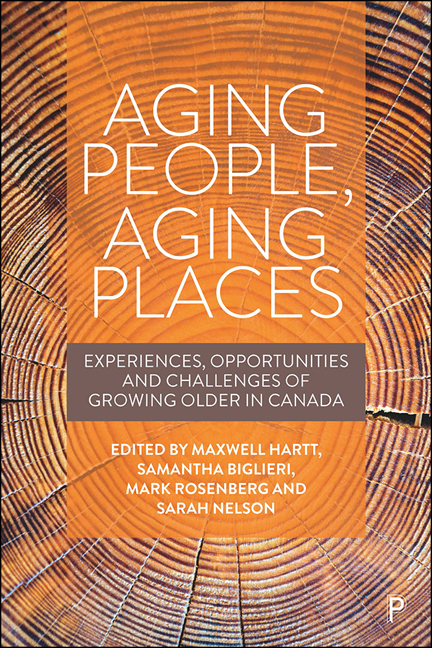18 - Indigenous community vignette
Published online by Cambridge University Press: 18 December 2021
Summary
As an individual who has lived in the same place for 50 years, my relationships with the living community around me have changed. In the last ten years, there has been so much change happening – some good, some not. Much of my work has been in the arena of environmental stewardship and ‘conservation’, including engaging with Indigenous law and the commitments made in treaties between Indigenous nations and settler governments in order to protect the land and the people who depend on that land. Even though I am often thinking about the wellbeing of my Algonquin community, our responsibilities globally as Indigenous peoples factor into community wellbeing on a local level, through honouring all of life, all of creation, and the fact that we are all connected. International success and co-operation have an impact on the health and wellbeing of Indigenous peoples locally.
I recently gave a guest lecture at Trent University, and talked to the class about fishing in the St. Lawrence before the seaway was built. I’ve watched these sorts of changes happen, these big projects. To me, it's part of the patriarchy – you have big egos, with big projects, running over anyone in their way, including Indigenous communities. At one point, in the late 1980s or so, there were plans to put a giant power transmission line right through this property (where Plenty Canada is located), and I was part of the activism that stopped that. People are generally powerless to stop these kinds of projects, though. There are so many hydro dams, for example – how much life do they wipe out? There is no offsetting that.
I have watched the socio-economics of this area rapidly change. It used to be that if you needed to raise a barn or put up a new roof, the whole neighbourhood would come and help. I remember there was less equipment around – there was still a lot of horse farming. There was also a safety net; people looked after each other. There was a lot more functional human interaction. There might be one combine harvester in the area that just went around to everyone's farm. The more that people were able to achieve economic independence through buying their own equipment, the more we became alienated from each other.
- Type
- Chapter
- Information
- Aging People, Aging PlacesExperiences, Opportunities and Challenges of Growing Older in Canada, pp. 219 - 222Publisher: Bristol University PressPrint publication year: 2021



